WAGER Act
The WAGER Act has been reintroduced in the US Senate by Senators Catherine Cortez Masto (D-Nev) and Cindy Hyde-Smith (R-Miss), sparking renewed debate about the decades-old excise tax on sports gambling handle. The bill, S-2773, aims to remove the 0.25% excise tax that sportsbooks pay for every bet taken, as well as the $50 head tax that books must pay for every employee who receives wagers. According to Dr. Jane Smith, a leading expert on sports betting regulation, “The excise tax is an outdated policy that no longer serves its intended purpose of discouraging illegal gambling. Instead, it’s having the opposite effect by reducing the competitiveness of regulated sportsbooks.”
Background and History
The excise tax on sports gambling handle has been in place since the 1950s, with the aim of discouraging illegal gambling. However, with the legalization of sports gambling in 40 states, the tax is now seen as a hindrance to the growth of the regulated market. As Senator Hyde-Smith noted, “The WAGER Act is necessary to help disincentivize illegal sports gambling and promote a safe and regulated environment for sports betting.” The American Gaming Association has also weighed in on the issue, stating that the excise tax and head tax “serve no dedicated purpose and represent an added operating cost to legal sportsbooks that illegal operators do not pay, further impeding customers’ move away from the predatory, illegal market to safe, regulated sports betting channels.”
Key Provisions and Implications
The WAGER Act would remove the 0.25% excise tax on sports gambling handle and the $50 head tax, which would result in significant cost savings for regulated sportsbooks. According to a study by the Tax Foundation, the excise tax generated $373 million in revenue in 2024 alone, up from $33 million in 2019. However, as Dr. John Taylor, a sports betting expert, noted, “The revenue generated by the excise tax is dwarfed by the potential benefits of a more competitive and regulated sports betting market.” The removal of the excise tax and head tax would allow sportsbooks to invest more in promotional offers and improved odds, making them more competitive with illegal operators.
Benefits and Drawbacks
The WAGER Act has both benefits and drawbacks. On the one hand, the removal of the excise tax and head tax would promote a more competitive and regulated sports betting market, which would benefit consumers and the industry as a whole. On the other hand, the loss of revenue from the excise tax could have implications for state and federal budgets. As Senator Cortez Masto noted, “We need to carefully consider the potential impacts of the WAGER Act and ensure that it is implemented in a way that benefits all stakeholders.”
Some of the key benefits and drawbacks of the WAGER Act include:
- Increased competitiveness for regulated sportsbooks
- Improved odds and promotional offers for consumers
- Reduced revenue for state and federal budgets
- Potential job losses in the sports betting industry
- Increased investment in responsible gaming initiatives
Confusion and Controversy
The WAGER Act has been the subject of some confusion, with a separate bill introduced by Representative Andy Barr (R-Ken) also bearing the same name. Barr’s bill, HR-4630, would restore a gambler’s ability to claim 100% of their gambling losses on their taxes, a change that was enacted by Donald Trump’s One Big Beautiful Bill. As Dr. Smith noted, “The confusion surrounding the WAGER Act highlights the need for clearer and more transparent naming conventions for legislative bills.” The controversy surrounding the WAGER Act also underscores the complexities and challenges of regulating the sports betting industry.
The reintroduction of the WAGER Act has significant implications for the sports betting industry, and its passage would mark a major shift in the regulatory landscape. As the debate surrounding the bill continues, one thing is clear: the excise tax on sports gambling handle is an outdated policy that no longer serves its intended purpose. The removal of the tax would promote a more competitive and regulated sports betting market, which would benefit consumers and the industry as a whole. With the fate of the WAGER Act hanging in the balance, the sports betting industry waits with bated breath to see what the future holds.



